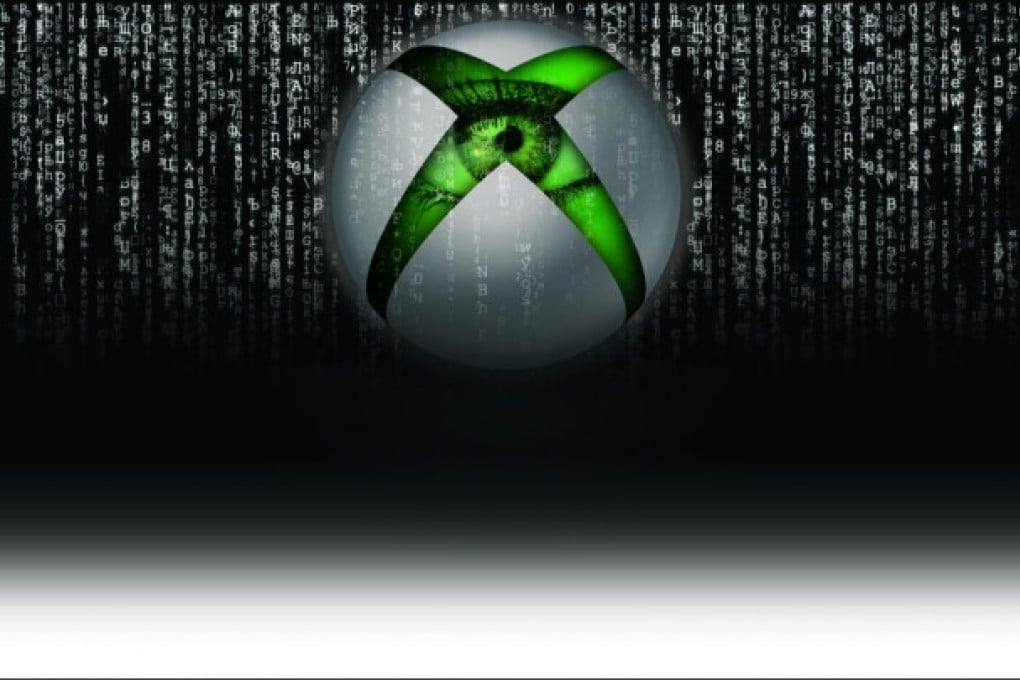Pandora's Xbox of security fears
Microsoft's new super-sensitive console takes gaming to a new level, but critics say it has all the features of a covert surveillance device

In 2011, Microsoft's Kinect, a hand-free sensor unit for the Xbox 360 gaming console that captures and integrates a player's motion, set a world record as the fastest-selling consumer electronics device in history: with more than 8 million devices being sold in its first 60 days on the market.

It promises to revolutionise the home entertainment system: With Xbox One, you can finally do without numerous remote controllers to issue commands to your TV, the disc player, the gaming console or the sound system. You make a gesture or voice a command and they will respond.
But the device has alarmed many would-be consumers as the Kinect sensor is so powerful, that many people fear it could threaten the privacy of its users. The all-encompassing nature of the relationship between the user and the device means everything the user does or says near Kinect will be captured and recorded.
Microsoft responded with an assurance that the user would be able to turn the Kinect off if they wanted, and would have full control over the type of personal data they want to share with others.
In a newly published document detailing privacy concerns for the console, Microsoft said Xbox One Kinect camera and microphone will not record or upload conversations and users can freely customise the settings.
